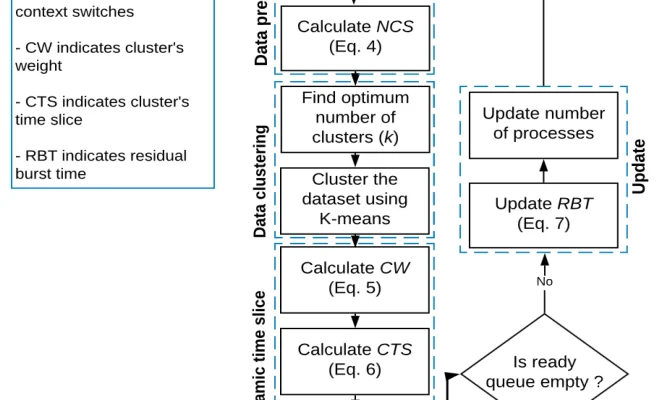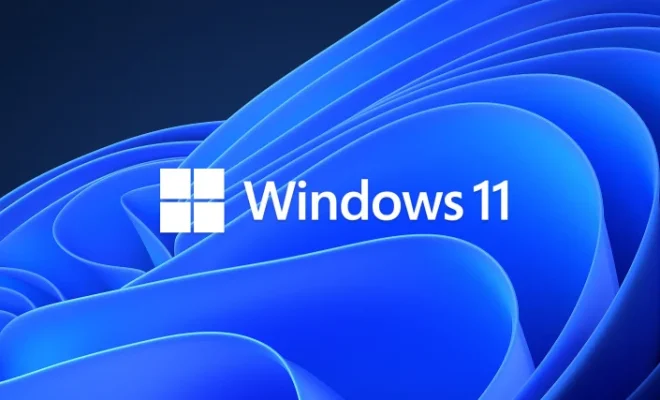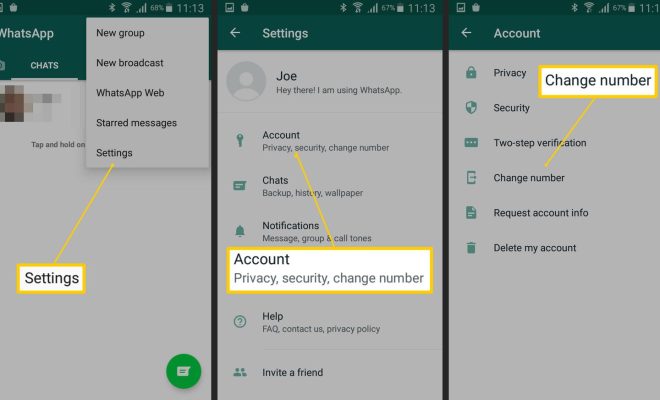What is Round Robin Scheduling (RRS)?

Round Robin Scheduling (RRS) is a type of scheduling algorithm in computer operating systems that assigns a fixed amount of time, or time slice, to each process in a queue, regardless of its priority or level of execution. Once the time slice is up, the process is interrupted and put back in the queue, and the next process in line is given its time slice. This cycle repeats until all processes in the queue have been executed.
The RRS algorithm is one of the most widely used scheduling algorithms, particularly in time-sharing and multi-user systems, because it ensures that all processes get a fair share of the CPU time, and no one process monopolizes the resources. RRS also allows for more predictable response times and throughput, as each process is guaranteed to get a certain amount of CPU time, regardless of how many other processes are running at the same time.
The time slice, or quantum, is a critical factor in RRS, as it determines how long each process can run before being interrupted. If the quantum is too short, there may be a high overhead due to frequent context switches, whereas if it is too long, it may result in suboptimal performance for interactive applications, which require faster response times. Therefore, the time slice must be chosen carefully based on the specific requirements of the system and the workload.
Apart from its simplicity and fairness, RRS has several advantages over other scheduling algorithms, such as first-come-first-served (FCFS) and shortest job first (SJF). For example, RRS is more suitable for time-sharing systems where multiple users are working on different tasks simultaneously. It also handles the case of processes with varying CPU bursts more efficiently than SJF, as it ensures that no process has to wait unnecessarily long for its turn.






